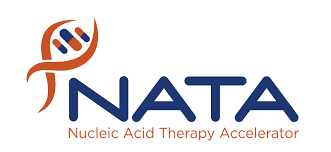Biography:
Gavin studied Cell Biology at Durham University for his undergraduate degree before moving to the University of Cambridge Department of Pathology for his PhD where he investigated epigenetic mechanisms in lymphomagenesis in the laboratory of Prof. Suzanne Turner. He continued working on this project as a post-doctoral research associate before obtaining funding from the CRUK Pioneer Award to design a novel platform for anti-cancer drug discovery using bacterial-human cell co-culture. Gavin then moved to the MRC Toxicology Unit in Leicester, working in the laboratory of Prof. Anne Willis before relocating with the unit to Cambridge. During this time Gavin developed a novel colorimetric test for the detection of SARS-CoV-2 3CLpro and investigated the role of tRNA modifications in cancer. He is now working on a collaborative project understanding how we can minimise potential toxicity of anti-sense oligonucleotide therapies for Huntington's disease and cancer.
Research interests:
Gavin has an interest in cancer biology, drug discovery and assay development. He is passionate about improving our understanding of cancer and other disease states at a molecular and cellular level, and using this knowledge to develop new treatments that effectively target cancer and other diseases while minimising harmful side effects to improve the lives of patients.



